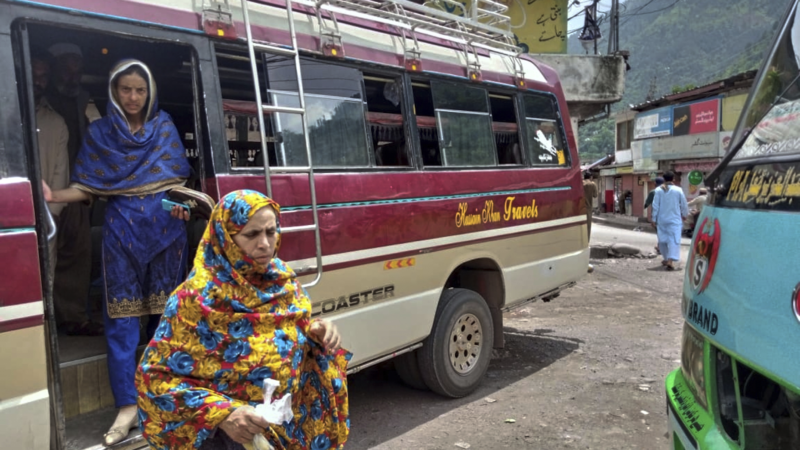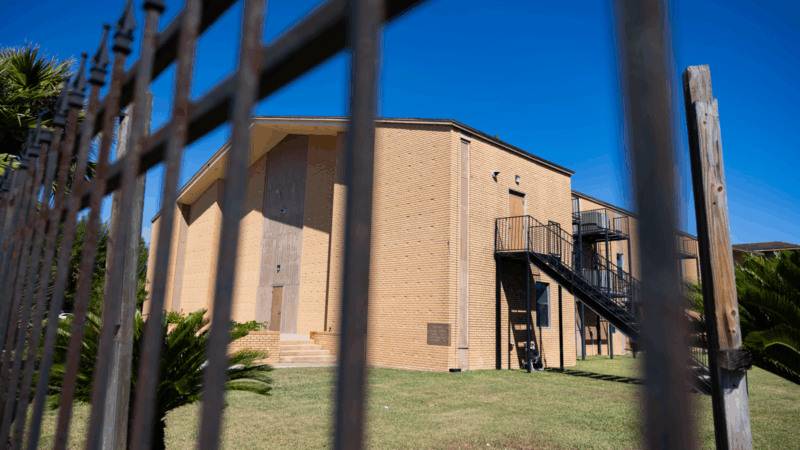India and Pakistan ceasefire shaken by overnight fighting in disputed Kashmir region
ISLAMABAD — A ceasefire to end the conflict between India and Pakistan was shaken by overnight border fighting in the disputed Kashmir region.
People on both sides of the Line of Control, which divides the territory, reported heavy exchanges of fire between Indian and Pakistani troops. The fighting subsided by Sunday morning.
The two countries agreed to a truce a day earlier after talks to defuse the most serious military confrontation between them in decades following a gun massacre of tourists that India blames on Pakistan, which denies the charge.
As part of the ceasefire, the nuclear-armed neighbors agreed to immediately stop all firing and military action on land, in the air and at sea. They accused each other of repeatedly violating the deal just hours later.
Drones were spotted Saturday night over Indian-controlled Kashmir and the western state of Gujarat according to Indian officials.
In the Poonch area of Indian-controlled Kashmir, people said the intense shelling from the past few days had traumatized them.
“Most people ran as shells were being fired,” said college student Sosan Zehra who returned home Sunday. “It was completely chaotic.”
In Pakistan-controlled Kashmir’s Neelum Valley, which is three kilometers from the Line of Control, people said there were exchanges of fire and heavy shelling after the ceasefire began.
Resident Mohammad Zahid said: “We were happy about the announcement but, once again, the situation feels uncertain.”
U.S. President Donald Trump was the first to post about the deal, announcing it on his Truth Social platform. Indian and Pakistani officials confirmed the news shortly after.
Indian Prime Minister Narendra Modi chaired a high-level meeting on Sunday with top government and military officials.
India, unlike Pakistan, has not said anything about Trump or the U.S. since the deal was announced. Nor has India acknowledged anyone beyond its military contact with the Pakistanis.
Both armies have engaged in daily fighting since Wednesday along the rugged and mountainous Line of Control, which is marked by razor wire coils, watchtowers and bunkers that snake across foothills populated by villages, tangled bushes and forests.
They have routinely blamed the other for starting the skirmishes while insisting they were only retaliating.
India and Pakistan’s two top military officials are due to speak again on Monday.
Voting nears to a close in Texas primary that may be crucial to control of the Senate
The GOP and Democratic primaries mark a potential litmus test for what direction base voters want their parties to go ahead of midterm elections this fall that will determine power in Congress.
Pregnant migrant girls are being sent to a Texas shelter flagged as medically risky
Government officials and advocates for the children worry the goal is to concentrate them in Texas, where abortion is banned.
The 2026 World Cup faces big challenges with only 100 days to go
Will Iran compete? Will violence in Mexico flare up? And what about funding for host cities in the U.S.? With only 100 days left before it beings, the 2026 World Cup in North America is facing a lot of uncertainty.
A glimpse of Iran, through the eyes of its artists and journalists
Understanding one of the world's oldest civilizations can't be achieved through a single film or book. But recent works of literature, journalism, music and film by Iranians are a powerful starting point.
Mitski comes undone
She may be indie rock's queen of precisely rendered emotion, but on Mitski's latest album, Nothing's About to Happen to Me, warped perspectives, questionable motives and possible hauntings abound.
This quiet epic is the top-grossing Japanese live action film of all time
The Oscar-nominated Kokuho tells a compelling story about friendship, the weight of history and the torturous road to becoming a star in Japan's Kabuki theater.







